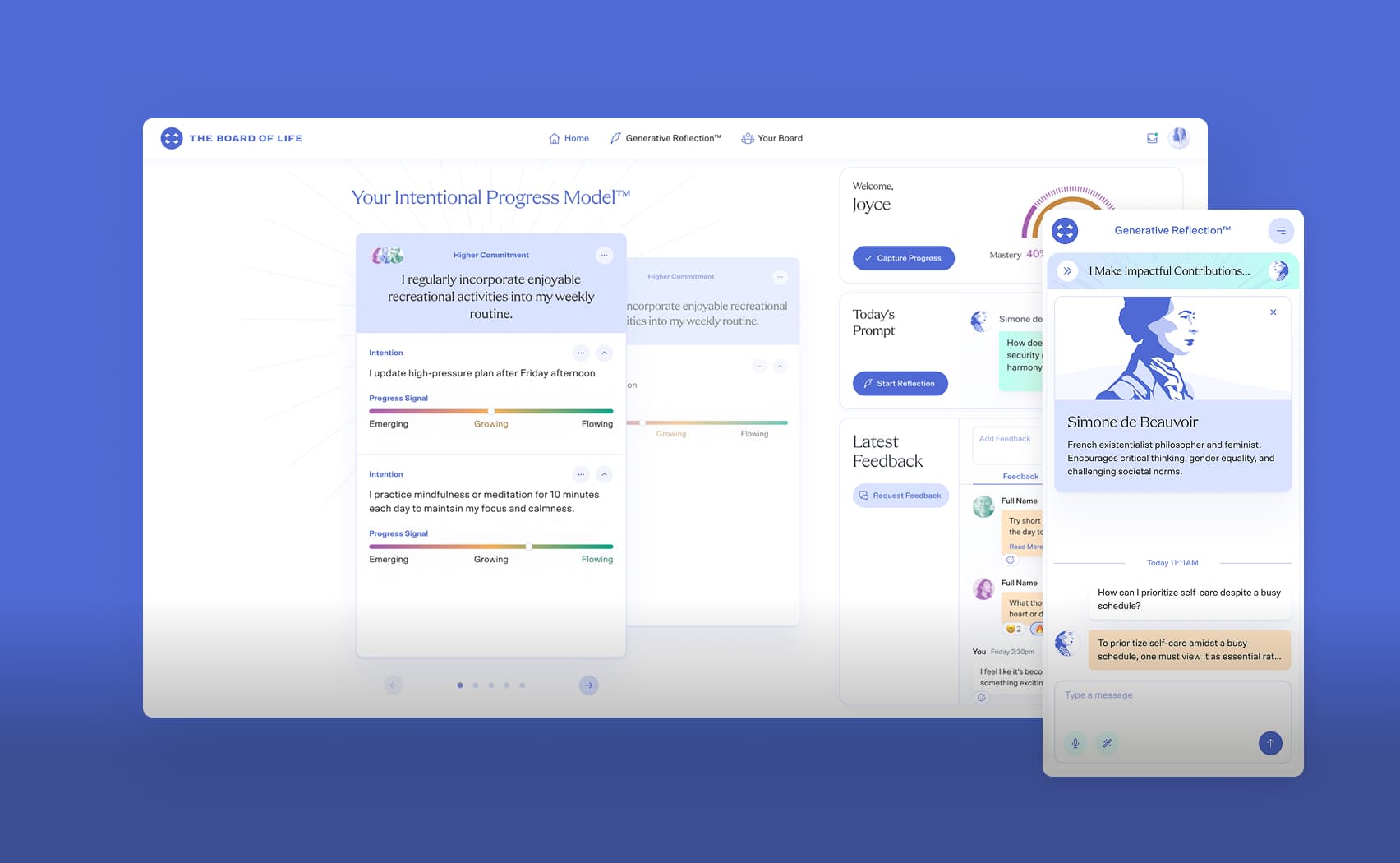Anticipating and Preventing Company Burnout
Burnout is a real risk for any employee. It is a natural human reaction to a work-life situation that simply doesn’t work anymore. Consequently, leaders should use a wholistic, company-wide approach for mitigating the risk.
Although anyone can experience burnout, some groups do experience it more than others. For example, women experience more burnout than men- 43% of women leaders are burned out, compared with 31% of men at their level.
This could result from a range of factors: women may face more workplace discrimination, they may have more child rearing responsibilities on top of work, or they may simply be more open about expressing their emotions.
Additionally, older employees experience report burnout than younger employees. Again, the reasons are not entirely clear- age may bring greater psychological resilience, or perhaps older employees are more reluctant to use the word “burnout”.
Ultimately, leaders need to pursue whole-company policies for anticipating and preventing burnout for all of their employees.
Strategies for Preventing Company Burnout
Preventing company burnout starts with fostering a healthy company culture. Employees who feel safe, supported, heard, and understood are less likely to feel emotionally drained and burnt out at work. They are also more likely to voice their opinion, giving leadership a window into their problems, so that they can be fixed.
There are several strategies you can pursue to foster a healthy, low-burnout company culture:
- Providing opportunities for autonomy and control
- Recognizing and rewarding employees
- Offering training and development opportunities
- Encouraging rest and time off
- Hiring empathetic managers
- Listening to and acting on employee concerns
Providing Opportunities for Autonomy and Control
One reason why workers get burned out is because they feel they have no control over their professional lives. They may feel like management doesn’t listen to or care about them, or they may feel like they have no escape from work.
Encourage employees to take initiative, make their own plans, and work in the way they know to be most effective. This could include allowing options for remote work, or allowing teams to make their own internal decisions.
Recognizing and Rewarding Employees
Employees want to be valued by their employer. It gives them a sense that their work has purpose, and that they are not just another cog in a wheel. It’s a good idea to point out when you notice someone has done a particularly good job.
The key here is to be genuine. Many organizations fall into the trap of blindly doling out inauthentic praise and meaningless prizes, just because they think it will make workers happy. On the contrary, people can tell when your praise is genuine, and when it’s not. Giving out false praise can actually have the opposite of the intended effect, and make people feel resentful instead.
Offering Training and Development Opportunities
Offering training and development programs for your employees can be a powerful tool, because it helps improve the value of your workforce while making your employees feel valued and more competent.
Professional development can take many forms, from small, internal workshops, to paying for employees to pursue training programs elsewhere. The key is to make sure that any training program you offer should make a demonstrable difference. People like learning and perfecting their skills, but they hate wasting time in pointless seminars and meetings. It’s a good idea to keep these programs at will as much as possible.
Encouraging Rest and Time Off
Time spent off the job is just as important as time spent on the job. Humans are not meant to be stressed out and busy all the time. Rather, we are equipped to take on alternating waves of hard work, followed by rest, followed by working again.
The real reason here is because burnout is really a chronic condition, rather than an acute one. You burnout when you are always stressed out, not if you have one particularly tiresome and stressful day at work.
Indeed, short, acute stressors can actually be beneficial. If you know you only have to be very busy for a day or week at most, you will feel more equipped to deal with the challenges ahead. But if you have no idea when the work will stop, you may quickly get burned out.
Hiring Empathetic Managers
Managers are in a position of power over their teams, and their actions can make or break an employee’s sense of well being. One of the best things an organization can do is to prioritize promotions based on empathy, among other factors.
It may be tempting to hire a manager who will pursue ruthless efficiency, at all costs. But those costs may include your employees’ sense of well being, and without that, they will get no work done.
Listening to and Acting on Employee Concerns
Fostering a culture of openness and communication is perhaps the best thing you can do to prevent burnout. If employees believe their voices will be heard, they will tell you about their problems, long before they do burn out.
But listening isn’t enough. If all you did was listen and never act on employee concerns, people would start to think you weren’t listening at all. To make people feel heard, you must put their ideas into practice to make sure their concerns are addressed.
Conclusion: How JetRocket’s Culture Mitigates Company Burnout
JetRockets operates as a Teal organization, which means that management is based on worker autonomy and peer relationships. There is minimal hierarchy, and authority is distributed throughout our team. Instead, all employees are encouraged to draw from their unique skills and talents to further the company in their own way.
This setup goes a long way in mitigating company burnout. Employees have a high degree of autonomy and control over their own professional work. Our culture ensures that their unique skills are rewarded for contributing to the company. And because teams are largely self-managed, we have little trouble with hiring empathetic managers.



